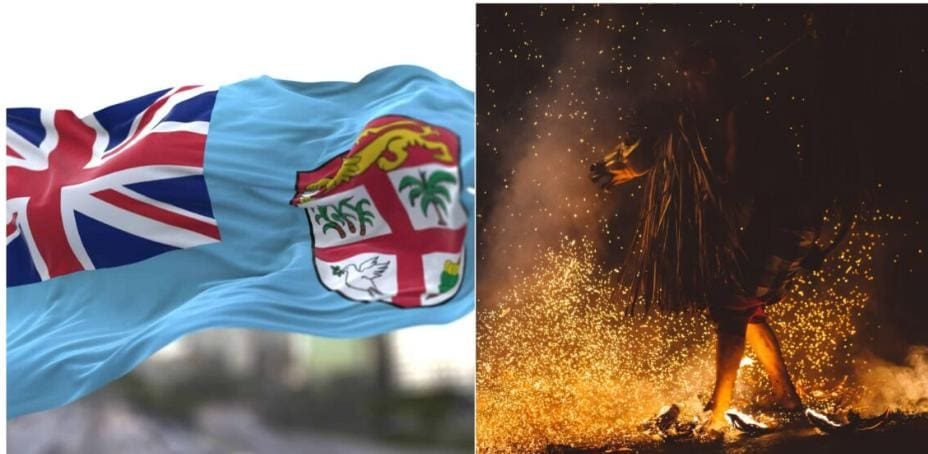Fiji Facts: Nestled in the azure waters of the South Pacific, Fiji is a destination that embodies the essence of a tropical paradise. With its pristine beaches, lush landscapes, and warm hospitality, Fiji captivates travelers from around the globe. But beyond its breathtaking natural beauty, Fiji is also a land rich in cultural heritage and traditions that add an extra layer of allure to this island nation.
Here we listed 25 Facts about Fiji
- Fiji is an archipelago of 333 islands, but only about 110 of them are permanently inhabited.
- The capital city of Fiji is Suva, located on the island of Viti Levu.
- The official languages of Fiji are English, Fijian, and Hindi.
- Fiji gained independence from British colonial rule on October 10, 1970.
- Fiji’s total land area is approximately 18,274 square kilometers (7,056 square miles).
- The traditional Fijian culture is deeply rooted in communal living, respect for elders, and storytelling through dance and music.
- Rugby is the most popular sport in Fiji, and the national rugby sevens team has won multiple Olympic medals.
- The currency of Fiji is the Fijian dollar (FJD).
- The tropical climate of Fiji makes it a year-round destination, with temperatures averaging around 25 to 30 degrees Celsius (77 to 86 degrees Fahrenheit).
- The Blue Lagoon, located in the Yasawa Islands, is a popular tourist attraction known for its crystal-clear turquoise waters.
- The Great Astrolabe Reef, one of the world’s largest barrier reefs, surrounds Fiji’s islands, offering incredible diving and snorkeling experiences.
- Fiji is famous for its soft coral reefs, which are considered some of the best in the world for diving enthusiasts.
- The firewalking ceremony, called “vilavilairevo,” is a traditional Fijian ritual where men walk barefoot over burning hot stones.
- The Fijian cuisine consists of dishes like kokoda (marinated fish in coconut milk), lovo (underground oven-cooked meats and vegetables), and rourou (taro leaves cooked in coconut milk).
- The traditional Fijian drink called “kava” is made from the roots of the kava plant and is known for its relaxing and sedative effects.
- Fiji has three main administrative divisions: Western, Central, and Northern.
- The Mamanuca Islands, located off the coast of Viti Levu, are a popular tourist destination known for their pristine beaches and luxury resorts.
- Fiji’s population is a diverse mix of indigenous Fijians, Indo-Fijians, Europeans, and other Pacific Islander communities.
- The movie “Cast Away” starring Tom Hanks was filmed in Fiji, showcasing the country’s stunning landscapes.
- Fiji is home to several national parks and nature reserves, including the Sigatoka Sand Dunes National Park and the Bouma National Heritage Park on Taveuni Island.
- The traditional Fijian attire for men is called “sulu” (a wrap-around skirt) and “bula shirt” (a colorful patterned shirt), while women wear “sulu jaba” (a long dress-like garment) and “masi” (a decorated bark cloth).
- The Fiji Museum in Suva showcases the country’s history, culture, and artifacts from its indigenous communities.
- Fiji is known for its friendly and welcoming people, and the greeting “Bula” is commonly used to say hello or welcome.
- The Fijian economy relies heavily on tourism, agriculture (especially sugar cane), and remittances from Fijians living abroad.
- Fiji has a unique concept of communal land ownership known as “vanua,” which plays a significant role in the social structure and traditional governance of the country.

